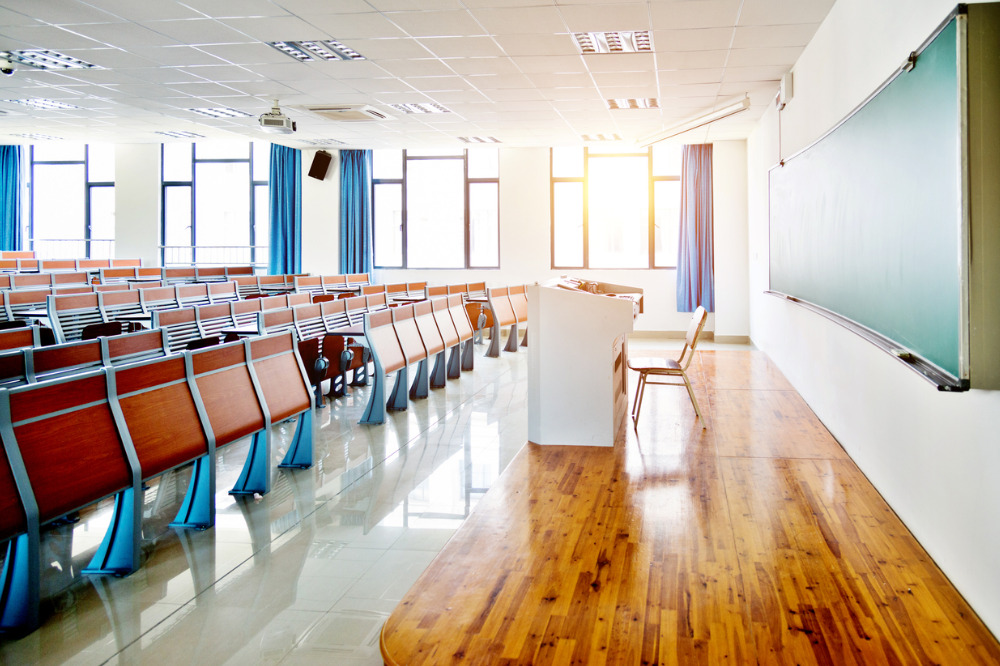
Earlier this year, the 12th Closing the Gap report, found that Aboriginal children still trail far behind non-Indigenous children in literacy, numeracy and writing skills.
While some year levels showed mixed progress, the report found that only two of the seven targets are rated as currently “on track”.
The report’s findings were met with renewed calls for fresh approaches to the situation.
One approach that is being examined as a potentially effective solution is connecting Aboriginal and Torres Strait Islander students with local Aboriginal community members, families, children and staff to create a culturally relevant teaching framework.
However, as academics, political leaders and schools have identified, teacher education is key when it comes to ensuring that such initiatives translate into practical results in and outside the classroom.
This week, the Australian Institute for Teaching and School Leadership (AITSL) launched a new discussion paper which aims to facilitate a re-imagining of how Aboriginal and Torres Strait Islander peoples’ cultures, identities and histories are reflected and understood in Australian classrooms.
The discussion paper provides an overview of the impacts, needs, and considerations of cultural competency within the context of Aboriginal and Torres Strait Islander education to stimulate thought and conversation.
The responses received from the online submission process, combined with national consultation, will inform key findings and recommendations to be presented and discussed at a National Dialogue in 2021.
“We want to understand how we can better support all schools and school staff to be more sensitive to, and appreciative of, the needs of Aboriginal and Torres Strait Islander students, and embed Indigenous perspectives in their work,” AITSL CEO, Mark Grant said.
“This work is critical to the teaching and learning of Australian students”.
Carly Jia, AITSL’s senior advisor of Aboriginal and Torres Strait Islander Education, said the project has the potential to improve learning outcomes and strengthen educational engagement.
“[The project] recognises that a relationship between learners and teachers, that is built on cultural respect and understanding, can change lives,’ Jia said.
Andrew Pierpoint, president of the Australian Secondary Principals’ Association (ASPA) said the project has great value for teachers and school leaders when it comes to helping them address the issues laid out in the report.
“I’d encourage teachers and school leaders across Australia to get involved and share their views on how we can support the cultural competency of the teaching workforce,” Pierpoint said.
“By doing so, we can help achieve better outcomes and opportunities for Aboriginal and Torres Strait Islander students”.


